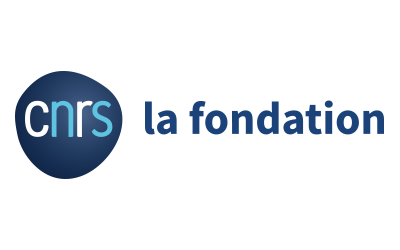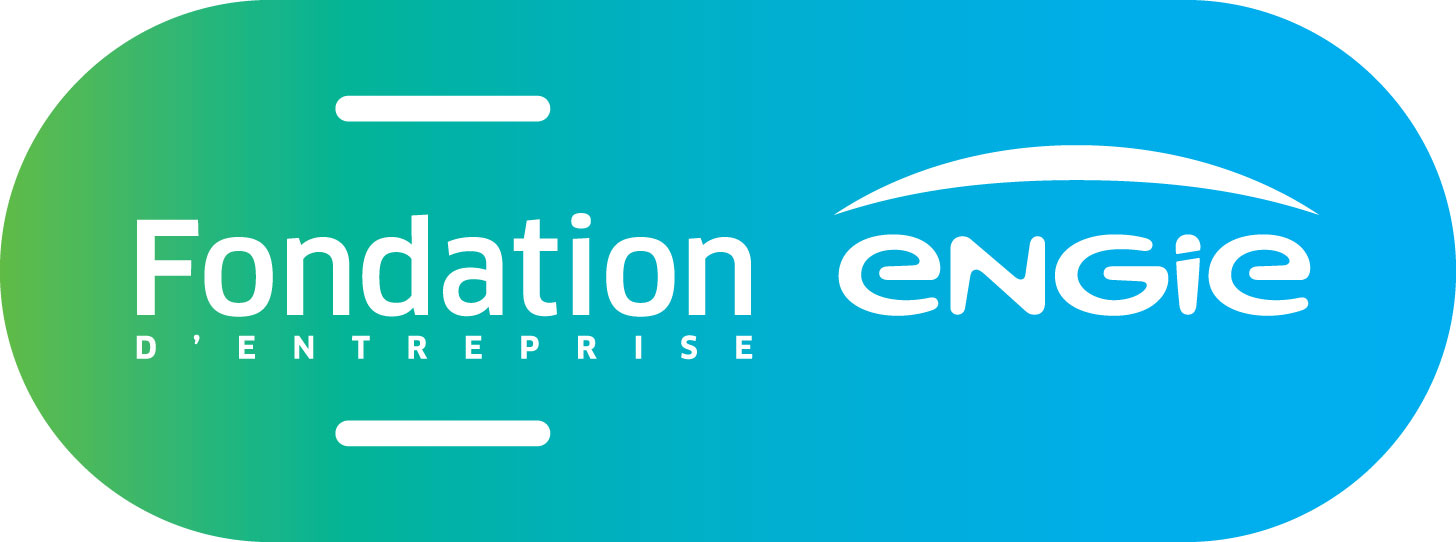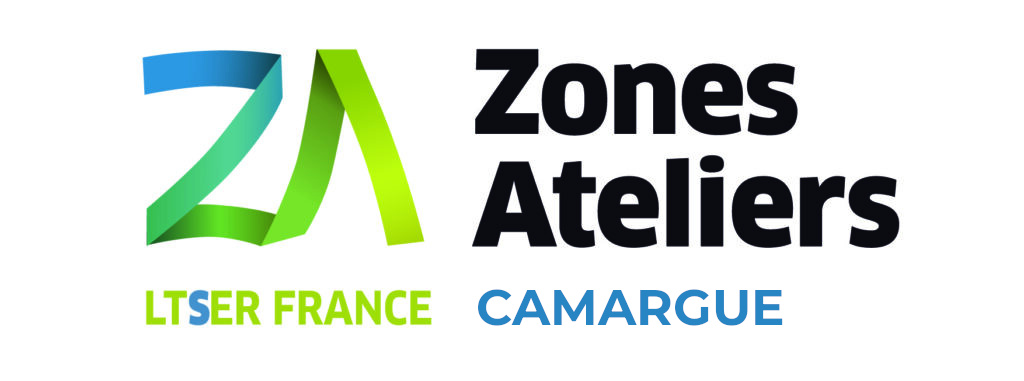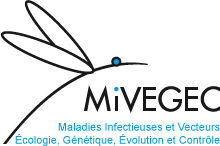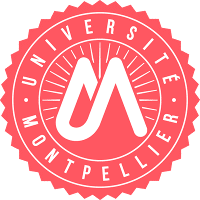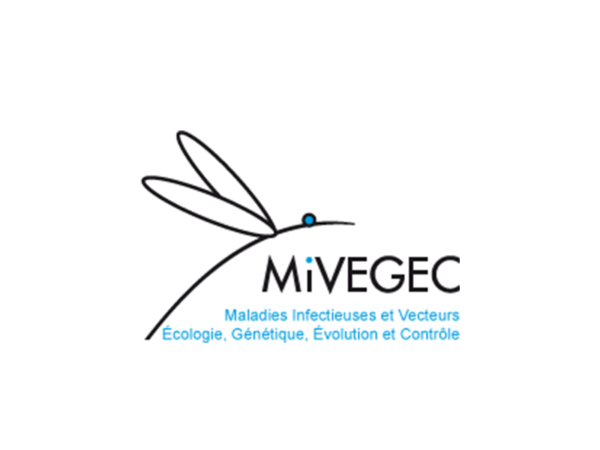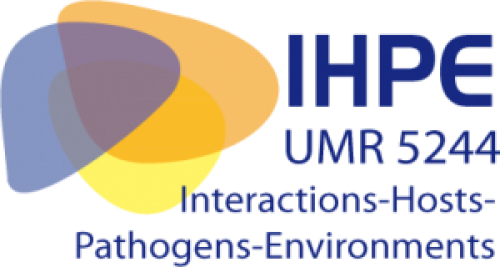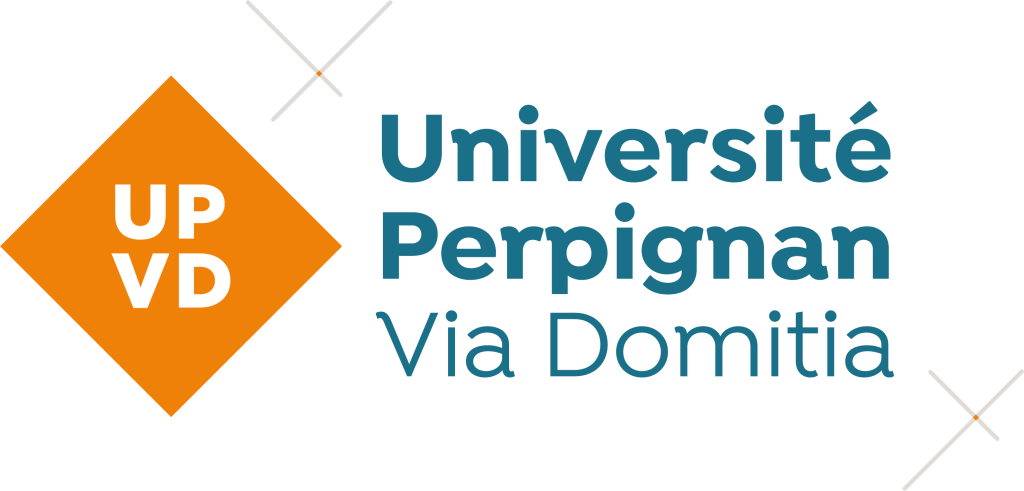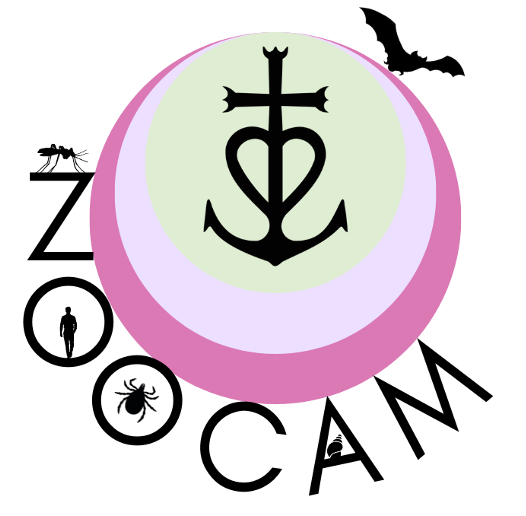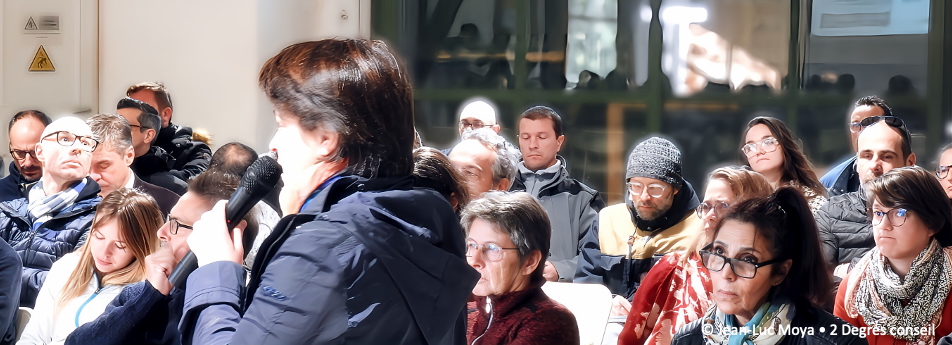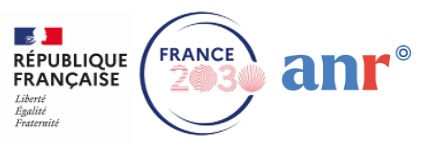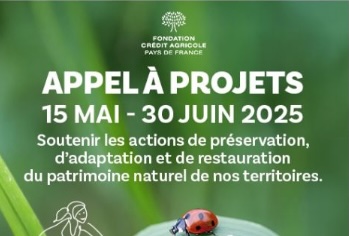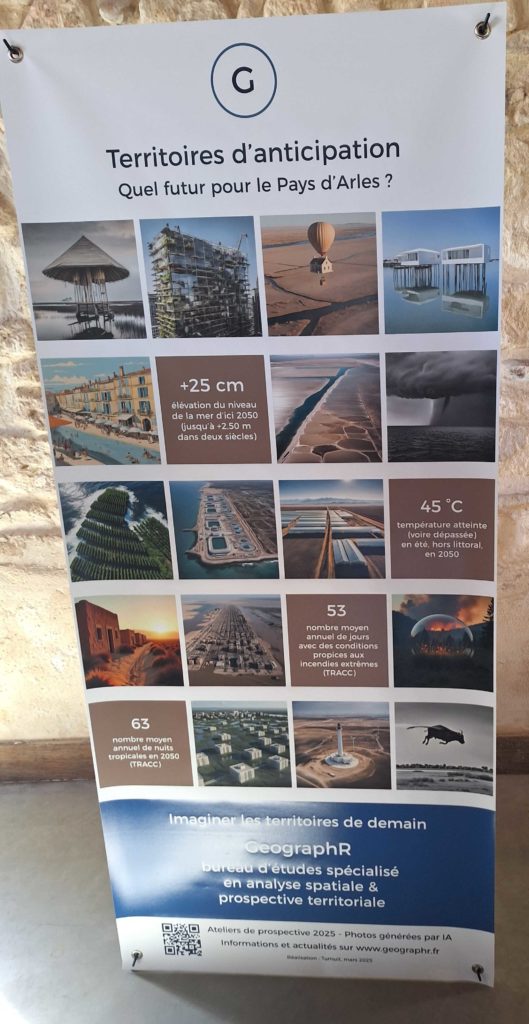This exploratory project aims to analyse the multiple models of ecological transition at work in the Camargue. These models encompass initiatives with a strong environmental, economic and social impact, whose implementation is giving rise to lively debate and even public contestation, particularly around industrial, energy and carbon neutrality issues, but also other equally crucial challenges.
The Camargue, a wetland of international importance and a veritable biodiversity hotspot, is today at the heart of major environmental and social tensions, exacerbated by climate change. These rapid dynamics are accentuating the controversies surrounding the economic, ecological and recreational uses of the land, making the region a prime observation ground for the challenges of the ecological transition on Mediterranean coasts.
In this context, the project proposes to examine the trajectories, players and meanings associated with these different transitions. The aim is to produce a precise, contextualised and critical definition of these processes in the Camargue.
This analysis is particularly strategic for the development of the ZACAM. It will serve as a starting point ('point zero') for long-term monitoring of the dynamics of ecological transition. The project aims to work with local stakeholders to develop an integrated approach to research issues and resources, optimising monitoring systems, exploring the impact on mental health, and refocusing research on the most salient issues in the area.
